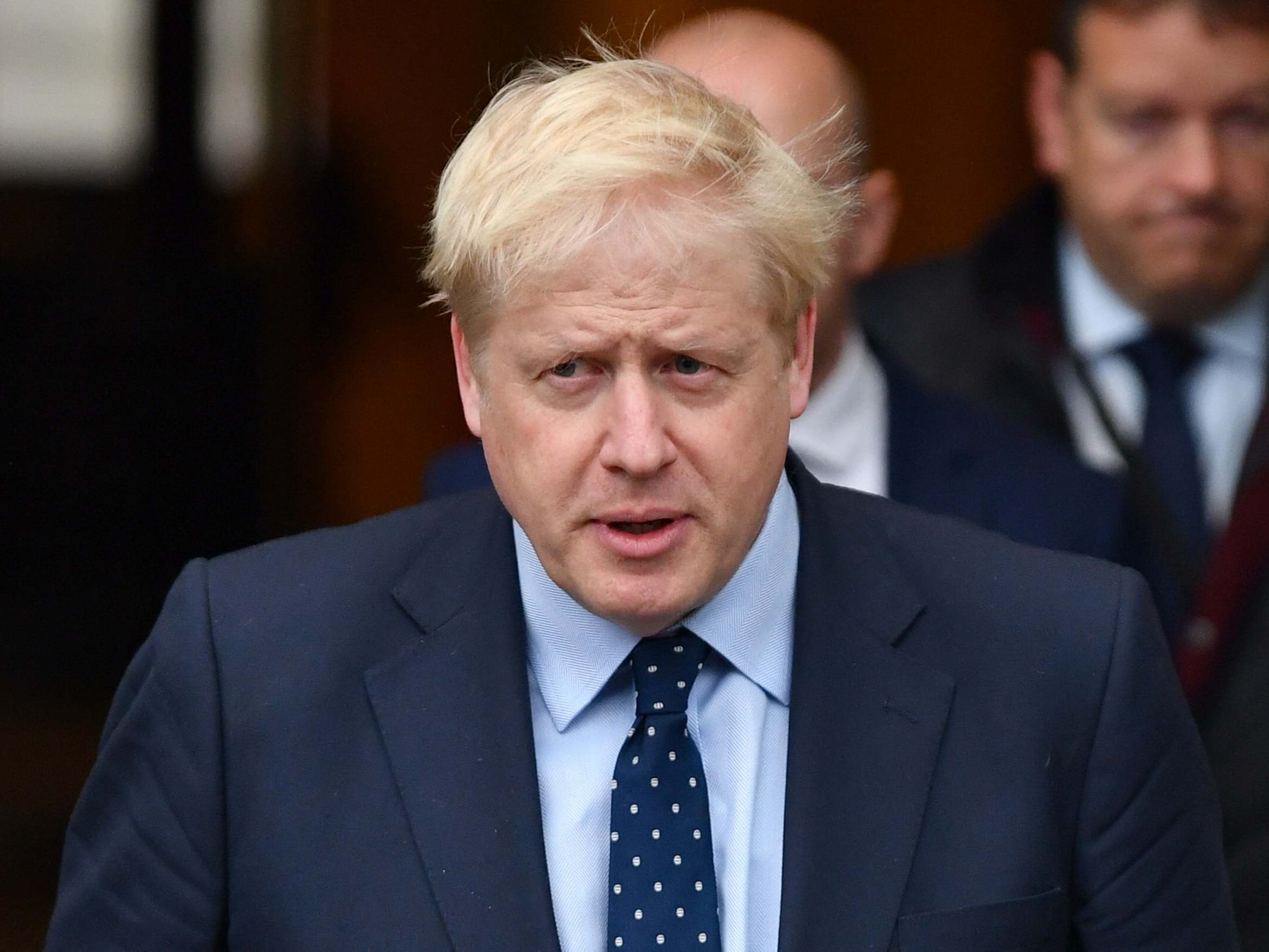What’s Boris Johnson’s secret plan to dodge the Brexit delay?
With even cabinet ministers apparently in the dark, Rob Merrick looks at the options under consideration by the PM – and whether they have any chance of succeeding


The holy grail for journalists at the Conservative conference is to uncover Boris Johnson’s secret plan to escape his worst nightmare – the humiliation of being forced to delay Brexit.
Remember that the Benn Act kicks in if parliament has not passed a deal by 19 October, requiring a letter to be sent to the EU requesting an Article 50 extension to avoid a Halloween crash-out. And it’s not clear there is any way around it at all.
Not even cabinet ministers know what the prime minister’s plan is – when asked, chancellor Sajid Javid, replied, unconvincingly “I think I do” – and, like the Holy Grail itself, it may never be found.
However, here are the options No 10 is believed to be exploring and their prospects of success:
Send a letter requesting an extension as instructed, but also a second letter stating that the prime minister does not really want one.
Dismissed as a clear non-starter, because to comply with the Act Mr Johnson must genuinely “seek to obtain” an extension.
The John Major theory – use the privy council to pass an order, without requiring parliamentary approval, to suspend the Benn Act until after exit day.
Obviously unlawful, say legal experts, and certain to trigger a second rapid thumping at the Supreme Court – after last week’s shattering defeat.
Issue an order under part two of the Civil Contingencies Act, which allows acts to be suspended in an emergency such as riots, or civil breakdown.
Patently, there is no violent insurrection going on, so this is equally implausible – unless no-deal fanatics suddenly start one. If they do, you read it here first.
Use EU law to override Westminster law – possibly by invoking the EU Charter of Fundamental Rights.
Ignoring the farcical irony of resorting to hated Brussels law, one legal expert quickly pointed out that it makes clear the UK’s constitutional decisions are entirely up to us.
MPs pass a deal, removing the duty to seek an extension, but then refuse to vote for the detailed legislation needed to implement it – leading to a no deal on 31 October.
Fiendishly complicated, but perhaps Brexiteer Tories would be cynical enough to do this? However, the prospects of Mr Johnson securing a deal in the first place are vanishingly slim – and the newly unprorogued parliament would quickly step in.
As Dominic Grieve, the legal guru of the exiled ex-Tory MPs, put it confidently: “The law is fit for purpose.”
Which means the prime minister, if he really intends to refuse to send that letter, needs to contemplate the warning from the former director of public prosecutions.
Join our commenting forum
Join thought-provoking conversations, follow other Independent readers and see their replies
Comments